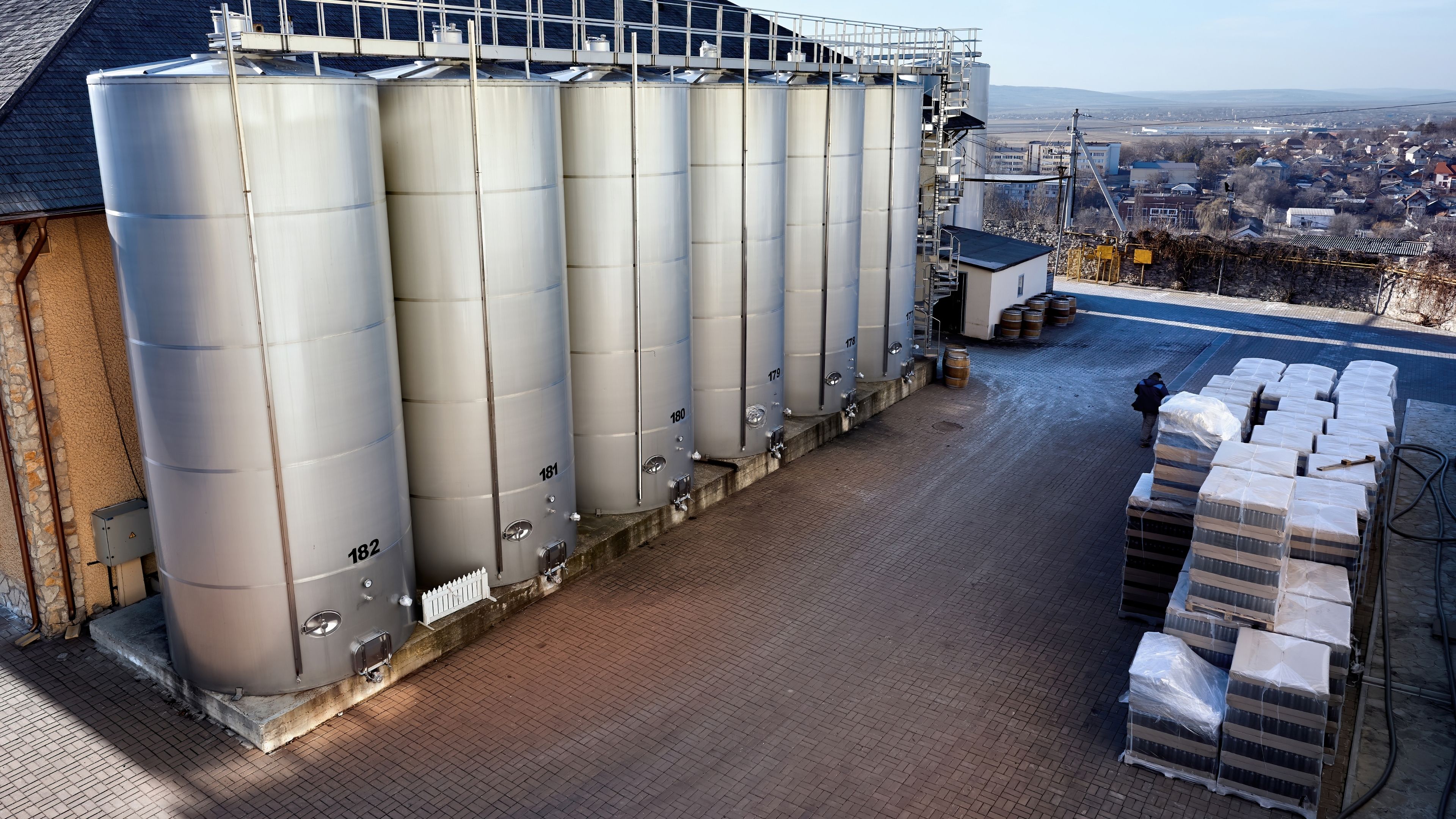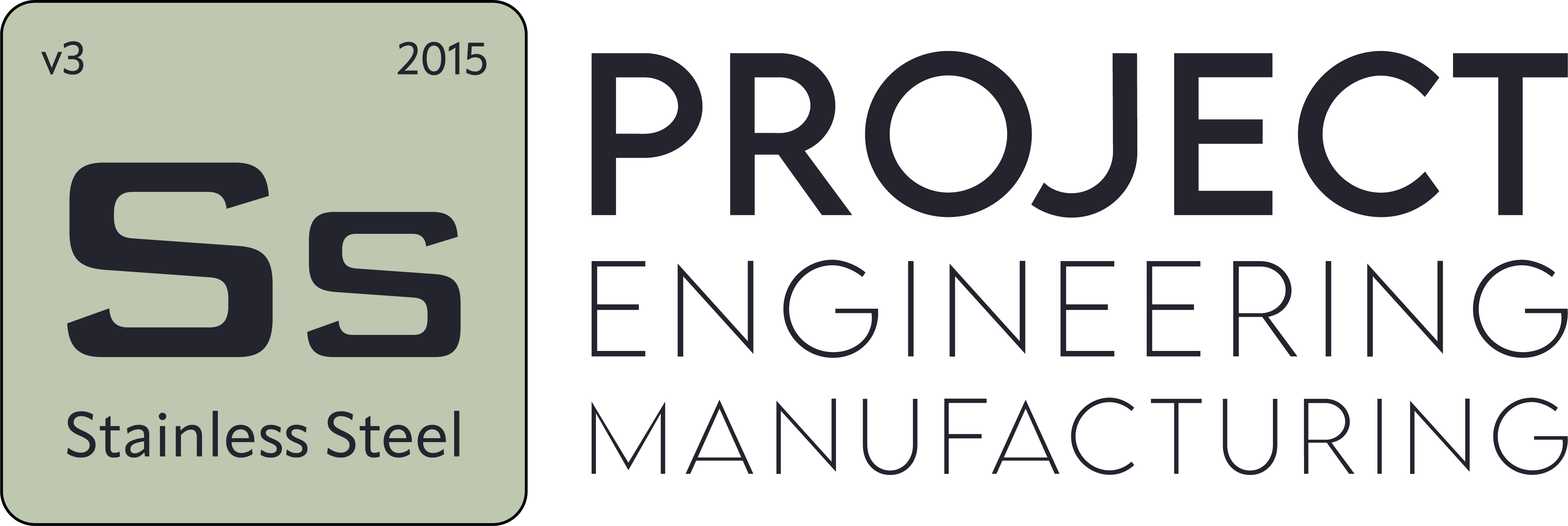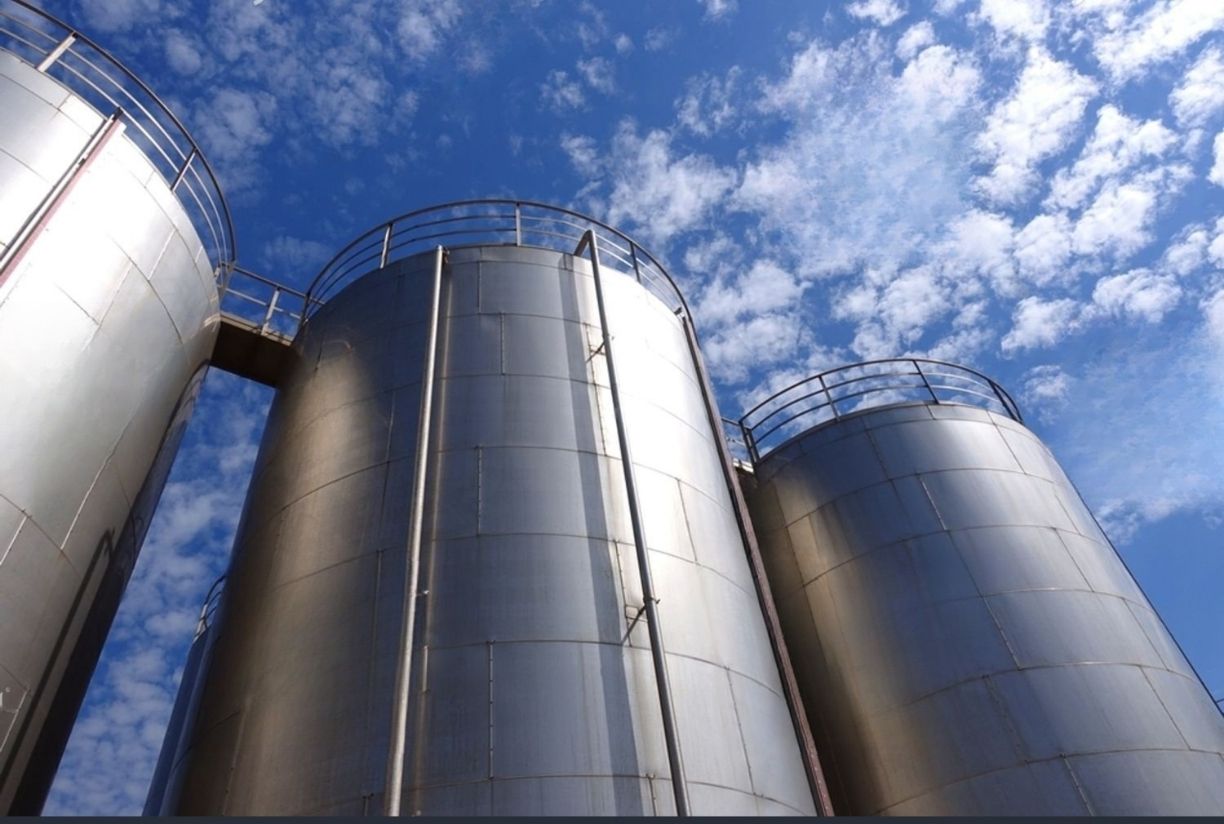Chemical Tank Manufacturing
- Blog
- Chemical Tank Manufacturing
Chemical Tank Manufacturing
Table of Contents
- What is Chemical Tank Manufacturing and What Stages Does It Involve?
- What Materials Are Used in Chemical Tank Production?
- What Should Be Considered in Industrial Chemical Tank Manufacturing?
- What Are the Differences Between Chemical Tank Manufacturing and Standard Tanks?
- How Can You Ensure Quality in Chemical Tank Production?
- Price and Performance Comparison in Chemical Tank Manufacturing
What is Chemical Tank Manufacturing and What Stages Does It Involve?
Chemical tank manufacturing is a detailed process aimed at producing safe and durable tanks for industrial processes. SS Proje manufactures high-quality tanks with solutions tailored to the sector, keeping quality control at the forefront at every stage. This manufacturing process begins with design and planning.
The design stage considers the tank's capacity, chemical type, working conditions, and material properties. SS Proje offers optimized designs using CAD software and engineering calculations. After the design, material selection is carried out; stainless steel, polyurethane, or other durable materials ensure long-lasting and safe tanks.
The production stage involves cutting, shaping, and assembling the materials. Welding processes, leak tests, and surface coatings are applied at this stage. SS Proje performs standard-compliant tests for each tank to guarantee quality.
The assembly and testing stage includes installing safety valves, level indicators, and other equipment. Once the tank is complete, pressure and leak tests are performed. These processes are meticulously applied in SS Proje’s production workflow to produce safe tanks that comply with industrial standards.
What Materials Are Used in Chemical Tank Production?
Chemical tank production is a process that requires durability and safety, and the materials used directly affect the tank's lifespan and performance. SS Proje produces tanks with industrial-standard materials to ensure long-lasting and safe solutions.
Stainless steel is one of the most commonly used materials due to its chemical resistance and high corrosion resistance. SS Proje provides safe solutions for acidic and basic chemicals with stainless steel tanks. In addition, polypropylene and polyurethane-based plastics offer weight and cost advantages.
Glass-coated steel is preferred when working with high temperatures and abrasive chemicals. Tanks manufactured with these materials by SS Proje provide long-term durability. Additionally, fiber-reinforced plastic materials play a critical role in flexibility and strength.
The choice of materials in tank production depends on the chemical type, usage conditions, and transport requirements. SS Proje determines the correct material combination for each project to produce safe and efficient chemical tanks.
What Should Be Considered in Industrial Chemical Tank Manufacturing?
Industrial chemical tank manufacturing is a process that requires precision in terms of safety and durability. SS Proje prioritizes quality and standards during production to create long-lasting and safe chemical tanks. One of the most critical aspects to consider during production is material selection. Using inappropriate materials for the stored chemical increases the risk of corrosion and leaks.
Welding and assembly techniques are another crucial consideration. SS Proje enhances tank durability using high-quality welding methods and minimizes potential leak risks. Additionally, testing and quality control processes ensure that each production stage is meticulously checked, allowing safe use and preventing workplace accidents.
The design criteria of tanks are also important. Depending on the chemical type, pressure resistance, temperature tolerance, and volume capacity must be determined. SS Proje provides customized designs for each project to produce optimal solutions in terms of both performance and safety.
Ensuring compliance with environmental and legal standards during production is also critical. The tank's suitability for industrial use conditions and compliance with regulations are essential for workplace safety and sustainability.

What Are the Differences Between Chemical Tank Manufacturing and Standard Tanks?
Chemical tank manufacturing differs from standard tanks primarily in purpose and production techniques. SS Proje applies special material and design criteria in chemical tank production to ensure high chemical resistance and safety. Standard tanks are generally designed for less aggressive conditions such as water or food storage, so material quality and durability standards are not as strict.
Welding and assembly techniques play a critical role in chemical tanks. SS Proje uses advanced manufacturing methods that minimize welding errors, reducing leak and corrosion risks. Standard tanks may use simpler methods without considering chemical effects.
Chemical tanks have high design and safety standards. Tanks are tested for pressure resistance, temperature tolerance, and resistance to chemical reactions. SS Proje develops custom designs for each project according to these criteria. Standard tanks typically undergo limited testing and have lower durability requirements.
Additionally, compliance with environmental and legal standards is mandatory in chemical tank manufacturing. SS Proje ensures both regulatory compliance and industrial safety throughout production. Standard tanks are not subject to most of these requirements because the usage conditions carry less risk.
How Can You Ensure Quality in Chemical Tank Production?
Ensuring quality in chemical tank production is directly related to material selection and production process management. SS Proje applies meticulous quality control at every stage, offering high durability and long lifespan guarantees. Quality assurance requires that materials are certified and comply with production standards.
Welding techniques and assembly stages are crucial in the production process. SS Proje uses advanced technology equipment to minimize welding errors and reduce leak risks. Additionally, every tank undergoes pressure and chemical resistance tests to ensure quality and prevent potential defects.
Quality assurance procedures should be applied at every stage of production. From material input to final assembly, SS Proje continuously monitors quality with international standards compliance and regular inspection mechanisms.
Furthermore, personnel training and process optimization are critical for sustainable production quality. SS Proje works with experienced engineers and expert technicians to achieve consistent quality in every production batch. This ensures that safety and performance standards are maintained continuously.
Price and Performance Comparison in Chemical Tank Manufacturing
When it comes to chemical tank manufacturing, the balance between price and performance is critical. SS Proje offers economical and long-lasting solutions through high-quality materials and advanced manufacturing techniques. Low-cost tanks may exist in the market, but they pose risks in terms of chemical resistance and safety standards.
In SS Proje’s production process, material selection is one of the key factors affecting price. Materials like stainless steel, polyethylene, or special coatings determine performance criteria and ensure the tank’s long lifespan. Additionally, automation and quality control techniques used during production optimize labor costs while enhancing performance.
When performing a price-performance comparison, SS Proje provides customized solutions based on tank capacity, usage area, and chemical type. This reduces unnecessary costs while guaranteeing high performance. Low-cost alternatives may seem attractive in the short term but can increase maintenance and replacement costs over time.
Achieving the right balance between price and performance in chemical tank manufacturing is possible through correct material selection and production technologies. SS Proje maintains this balance at an optimal level with its innovative and safe production solutions.


